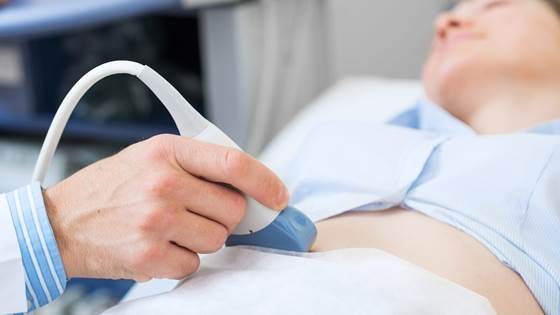
Making ultrasound universally accessible
Currently, ultrasound machines are operated primarily by specialists because it requires extensive experience to interpret the images. Norwegian researchers are aiming to tackle this issue.

Currently, ultrasound machines are operated primarily by specialists because it requires extensive experience to interpret the images. Norwegian researchers are aiming to tackle this issue.

Treatment plants ensure that our fjords are not polluted by wastewater effluent. Artificial intelligence (AI) will now facilitate an even more efficient process, and at lower cost.
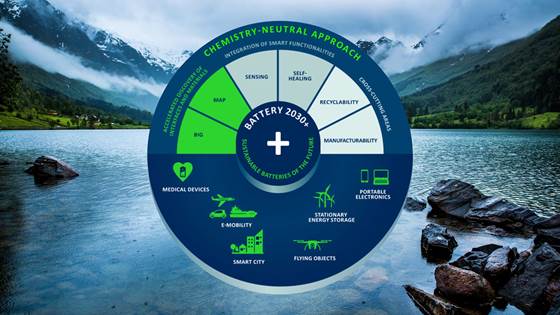
The European research initiative BATTERY 2030+ is now getting going. The ambition is to make Europe a world leader in the development and production of the batteries of the future. These batteries need to store more energy, have a longer life, and be...

The bilingual 'Snow Competence' website gathers together all available knowledge on how to ensure good snow conditions in the future, in the most efficient and sustainable way possible. The research-based website is available in Norwegian and English...
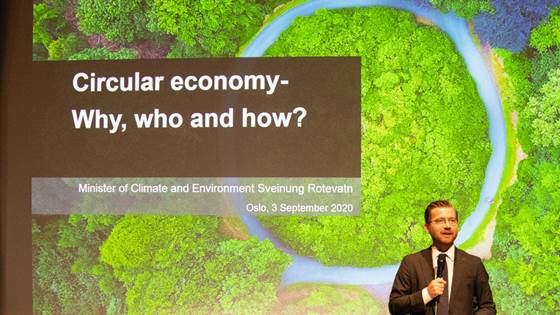
SINTEF hosted a very successful Circular Economy conference, the fourth in a row, with over 1600 participants. The topic for this year's conference was to share new knowledge and create new opportunities in the transition to a circular economy...
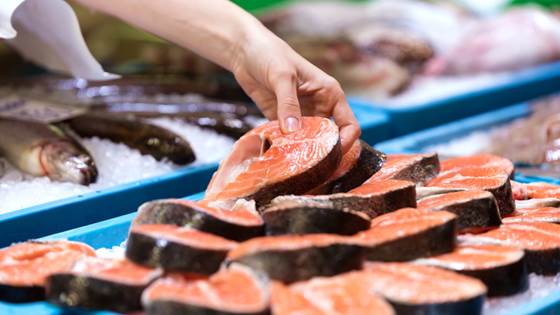
The rest raw materials left after a salmon has been filleted are equivalent to more than 60 percent of its slaughtered weight. It will soon be possible to convert these into a high-quality fish oil, taste-neutral fish proteins, fish gelatin and flame...

Industrial processes are currently responsible for 20 % of total greenhouse gas emissions in Europe. In order to stay within the 1.5°C scenario of the Paris Climate Agreement, measures to reduce these greenhouse gas emissions from industry are...

The Scientific Committee of the Norwegian CCS Research Centre (NCCS) recently announced joint winners of the Best NCCS Paper award for 2019. The award aims to highlight world-leading research in carbon capture, transport and storage technologies from...
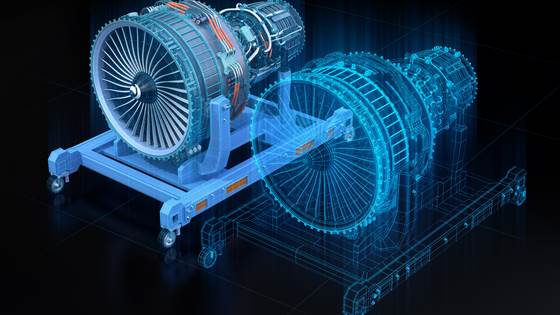
The Norwegian Research Center for AI Innovation (now NorwAI, formely known as CRAI) opens the way for widespread collaboration between industry and academia – an essential premise for the development of effective solutions.
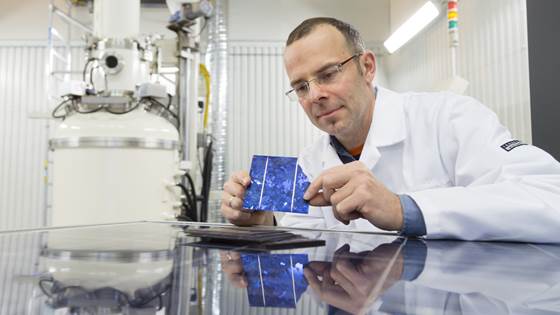
The search for the perfect solar cell is not yet over. Norwegian researchers are now adopting a new approach to the cells’ raw material, crystalline silicon, with the aim of making the electricity-generating cells even more efficient.
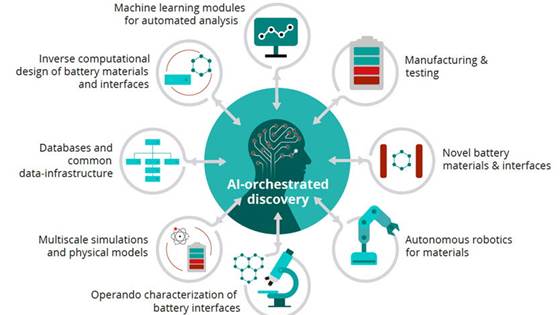
EU invests €20 million to accelerate the development of the next generation of high performance and sustainable batteries.
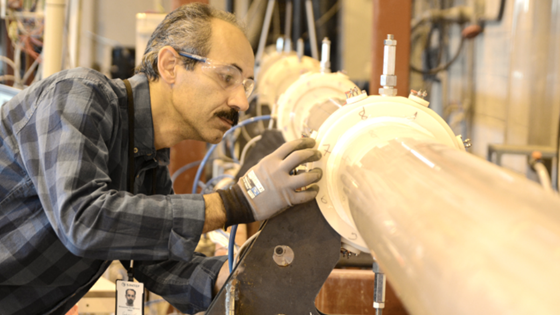
The Board of the Research Council of Norway decided on June 11 to grant SFI Swipa (Subsurface Well Integrity, Plugging and Abandonment) status as Center for Research-Driven Innovation for the next eight years.
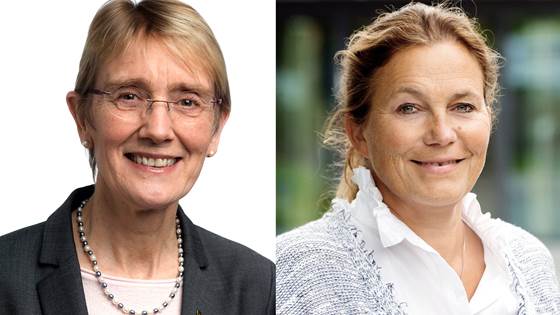
“This is a major and important boost for Norway. The SFI centres aim to create the business and industry of the future. NTNU and SINTEF want to be a driver for the major transformation that the nation is facing,” say NTNU’s Rector Anne Borg and...
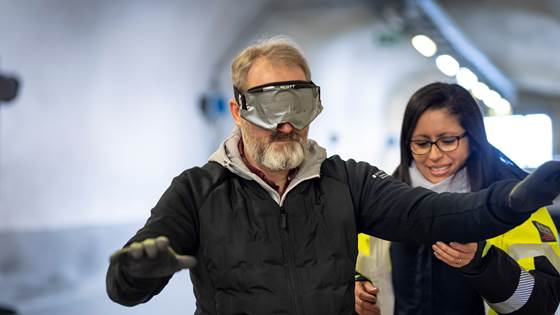
Research conducted as part of the project EvacSound demonstrates that auditory guidance using sound beacons is an effective aid during the evacuation of smoke-filled road tunnels. This is good news. It is a fact that vehicle drivers and passengers...
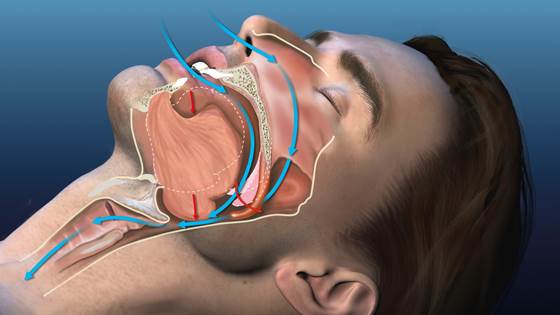
Every fifth Norwegian suffers from the widespread disease obstructive sleep apnea. Several treatment options exist, among them surgery, however results are unpredictable and of variable quality and differ from individual to individual. What...